Introduction
2026 october telugu calendar represents a significant subject within its field, encompassing a range of practices, traditions, or applications that shape daily life and broader cultural or professional landscapes. Understanding this calendrical system provides clarity about its background, its present relevance, and the way it continues to influence various aspects of society. This exploration delves into the intricate details of the Telugu calendar, particularly as it pertains to the month of October in 2026, highlighting its profound impact on the lives of millions.
Definition and Origin of the Telugu Calendar
The Telugu calendar, known as the "Panchangam," is a lunisolar calendar predominantly used by Telugu-speaking communities in Andhra Pradesh, Telangana, and other regions globally. Its origins are deeply rooted in ancient Indian astronomical and astrological traditions, tracing back thousands of years. Unlike the Gregorian calendar, which is purely solar, the Telugu calendar harmonizes lunar cycles with solar movements, making it a complex yet precise system for marking time, festivals, and auspicious events. The calendar’s structure is based on the sidereal year, which measures the Earth’s orbit relative to the fixed stars, and lunar months, determined by the phases of the moon. Each lunar month typically begins with the new moon (Amavasya) or the full moon (Pournami), depending on the regional convention, and consists of 29 or 30 days.
Key components of the Panchangam include Tithi (lunar day), Nakshatra (lunar mansion or constellation), Yoga (auspicious conjunction), Karana (half of a Tithi), and Vaaram (weekday). These five elements, collectively forming the "Pancha-Angam" (five limbs), are crucial for determining propitious timings for various activities, from religious ceremonies to personal milestones. The system’s evolution involved contributions from ancient astronomers and sages, whose meticulous observations and mathematical calculations laid the groundwork for its enduring accuracy and cultural relevance. This rich historical tapestry underscores the scientific and spiritual depth embedded within the Telugu calendrical tradition.
Importance of the Telugu Calendar Today
The enduring importance of the Telugu calendar in contemporary society cannot be overstated. For millions, it remains the primary guide for navigating daily life, cultural practices, and religious observances. Its relevance extends beyond mere timekeeping, serving as a cultural anchor that connects individuals to their heritage and community. The calendar dictates the timing of major festivals such as Dasara, Diwali, Sankranti, and Ugadi (the Telugu New Year), ensuring that these traditions are observed in accordance with ancient customs. Beyond festivals, it plays a critical role in determining auspicious dates for significant life events, including weddings, housewarmings, naming ceremonies, and starting new ventures.
Families consult the Panchangam to select the most favorable moments (muhurtams) for these activities, believing that aligning with cosmic energies enhances success and well-being. This practice reflects a deep-seated belief in the interconnectedness of human life with celestial movements. Furthermore, the calendar informs agricultural practices, guiding farmers on optimal times for planting and harvesting, particularly in regions where traditional farming methods persist. Astrologers and spiritual practitioners also rely heavily on its calculations for making predictions and offering guidance. Thus, the Telugu calendar is not merely a chronological tool but a living tradition that continues to shape social structures, spiritual practices, and personal decisions, maintaining its vital role in the cultural fabric of Telugu-speaking communities.
Benefits of the Telugu Calendar
The benefits derived from adhering to the Telugu calendar are multifaceted, encompassing cultural preservation, spiritual guidance, and practical utility. One of its primary advantages is the meticulous scheduling of festivals and religious ceremonies. By providing precise dates and timings based on lunar and solar positions, the calendar ensures that these significant events are observed with accuracy and reverence, fostering a strong sense of community and shared heritage. This continuity helps in transmitting cultural values and traditions across generations, preventing their erosion in a rapidly modernizing world.
From a spiritual perspective, the calendar offers a framework for understanding and aligning with cosmic rhythms. The concept of "muhurtam" allows individuals to choose auspicious times for important undertakings, believed to enhance positive outcomes and minimize obstacles. This provides a sense of control and peace of mind, empowering individuals to make informed decisions guided by ancient wisdom. Practically, the calendar’s detailed information on tithis, nakshatras, and planetary positions can be utilized for various purposes, from planning daily routines to making long-term strategic decisions. For instance, knowledge of specific nakshatras can guide decisions related to travel, education, or health. Moreover, the systematic organization of time fosters discipline and a deeper appreciation for the cyclical nature of existence. The Telugu calendar thus serves as a comprehensive guide that enriches lives culturally, spiritually, and practically, offering a holistic approach to time management and life planning.
Applications of the Telugu Calendar
The applications of the Telugu calendar are extensive and deeply integrated into the daily lives of its adherents. Foremost among these is its use in religious and spiritual observances. The calendar dictates the precise dates for all major Hindu festivals, fasts (vrathams), and rituals. For example, the determination of when to celebrate Dasara or Diwali, or when to observe specific Ekadashi fasts, is entirely dependent on the lunar phases and planetary positions outlined in the Panchangam. This ensures uniformity and adherence to scriptural guidelines across communities.
Another significant application lies in personal life events. From selecting the ideal date for a wedding (vivaha muhurtam) to choosing an auspicious time for a child’s naming ceremony (namakaranam), housewarming (gruhapravesam), or even starting a new business venture, the calendar provides critical guidance. Families consult astrologers who use the Panchangam to identify propitious timings that are believed to bring prosperity, harmony, and success.
In agriculture, the calendar has historically played a vital role, particularly in traditional farming communities. It helps farmers determine optimal periods for sowing seeds, transplanting crops, and harvesting, aligning these activities with favorable astrological conditions and seasonal changes. While modern agriculture incorporates scientific methods, traditional knowledge informed by the calendar still holds relevance for many.
Furthermore, the Telugu calendar is indispensable for astrological consultations. Astrologers rely on the precise data of tithis, nakshatras, yogas, and planetary positions to cast horoscopes, make predictions, and offer remedial measures. This detailed information allows for nuanced interpretations of an individual’s destiny and personality traits. The pervasive influence of the calendar ensures its continued relevance across these diverse facets of life, cementing its status as an essential cultural and practical tool.
Challenges and Future of the Telugu Calendar
Despite its deep-rooted significance, the Telugu calendar faces several challenges in the modern era, while also presenting opportunities for future adaptation. One primary challenge is the complexity of its calculations. The intricate interplay of lunar and solar cycles, combined with astronomical observations, often leads to variations in Panchangam interpretations across different regions or schools of thought. This can sometimes cause confusion regarding specific festival dates or auspicious timings, requiring expert consultation. Another challenge is the growing influence of the Gregorian calendar in daily professional and educational life. This often necessitates a dual calendrical awareness, where individuals must reconcile traditional observances with modern schedules, potentially leading to logistical difficulties.
The decline in traditional astronomical knowledge among younger generations also poses a threat to the calendar’s continuity. Fewer individuals are learning the complex mathematics and astronomical principles behind its creation, relying instead on pre-calculated almanacs. However, the future also holds promise. The advent of digital platforms and mobile applications has made the Telugu calendar more accessible than ever before. Online Panchangams and apps provide instant access to daily astrological data, muhurtams, and festival dates, bridging the gap between tradition and technology. This digital transformation can help preserve and propagate the calendar’s knowledge, making it relevant to a wider, tech-savvy audience.
Moreover, increased interest in cultural heritage and spiritual practices globally suggests a renewed appreciation for traditional systems like the Telugu calendar. Educational initiatives aimed at demystifying its principles could ensure its longevity. By embracing technological advancements while reinforcing its foundational knowledge, the Telugu calendar can continue to thrive, adapting to contemporary needs while preserving its ancient wisdom.
FAQs about the Telugu Calendar
Q1: What is the Telugu calendar?
The Telugu calendar, or Panchangam, is a lunisolar calendar used by Telugu-speaking communities. It combines lunar months with solar years, incorporating elements like Tithi (lunar day), Nakshatra (constellation), Yoga, Karana, and Vaaram (weekday) to determine auspicious timings and festival dates.
Q2: Why is the Telugu calendar important?
It is important because it serves as a foundational guide for religious festivals, cultural practices, and personal life events such as weddings and housewarmings. It helps individuals align their actions with auspicious timings, preserving traditions and fostering a connection to cultural heritage.
Q3: What are the main benefits of the Telugu calendar?
The main benefits include the accurate scheduling of festivals, spiritual guidance through auspicious timings (muhurtams), cultural preservation by maintaining traditional practices, and practical utility in planning significant life events and even agricultural activities.
Q4: How can the Telugu calendar be applied in daily life?
In daily life, it is applied to determine festival dates, select auspicious timings for starting new ventures, performing ceremonies, or making important decisions. Many consult it for daily astrological insights, aligning their routines with favorable planetary positions.
Q5: What challenges are associated with the Telugu calendar?
Challenges include the complexity of its calculations, leading to variations in interpretations; the need to reconcile it with the Gregorian calendar for modern life; and a potential decline in traditional astronomical knowledge among younger generations.
Tips for the Telugu Calendar
Understand the fundamentals. Familiarity with basic concepts like Tithi, Nakshatra, and the lunar month cycle provides a deeper appreciation for its structure and purpose. Resources explaining these elements are widely available.
Focus on practical use. Instead of memorizing intricate details, concentrate on how the calendar informs daily decisions, such as identifying auspicious times for personal events or understanding festival timings.
Stay updated on new trends or research. While rooted in tradition, modern interpretations and digital tools offer new ways to engage with the calendar. Exploring online Panchangams and apps can enhance accessibility.
Avoid common mistakes. Be cautious of conflicting information from unreliable sources. Always cross-reference with reputable Panchangam publications or trusted astrological practitioners for accuracy.
Adopt a long-term approach. Integrate the calendar’s wisdom into a holistic lifestyle rather than viewing it as a mere collection of dates. This fosters a continuous connection to cultural heritage and spiritual guidance.
Conclusion about the Telugu Calendar
The continuing importance of the Telugu calendar is undeniable. It remains a central pillar of cultural identity, spiritual practice, and daily planning for millions. Its intricate system, rooted in ancient astronomical wisdom, provides a comprehensive framework for understanding time, celebrating traditions, and navigating life’s significant milestones. Reinforcing its cultural, professional, and personal significance, the calendar serves as a timeless guide, connecting individuals to their heritage and the cosmic rhythms that influence existence. While challenges exist, particularly in reconciling traditional practices with modern life and ensuring the transmission of complex knowledge, its profound benefits consistently outweigh these difficulties. The adaptability of the calendar, especially through digital advancements, ensures that it remains a central element of progress and relevance, continuing to shape lives and traditions into the future.
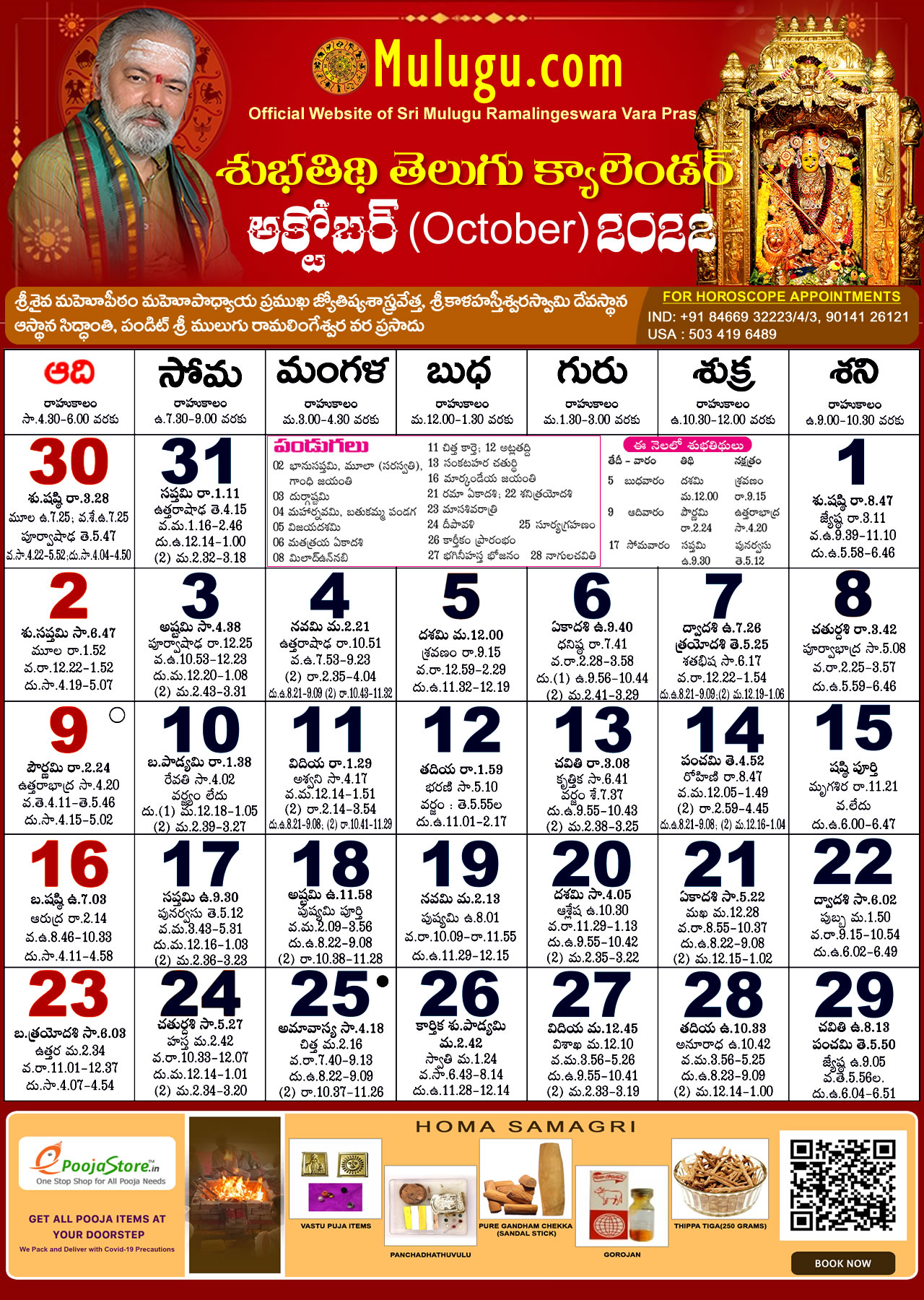

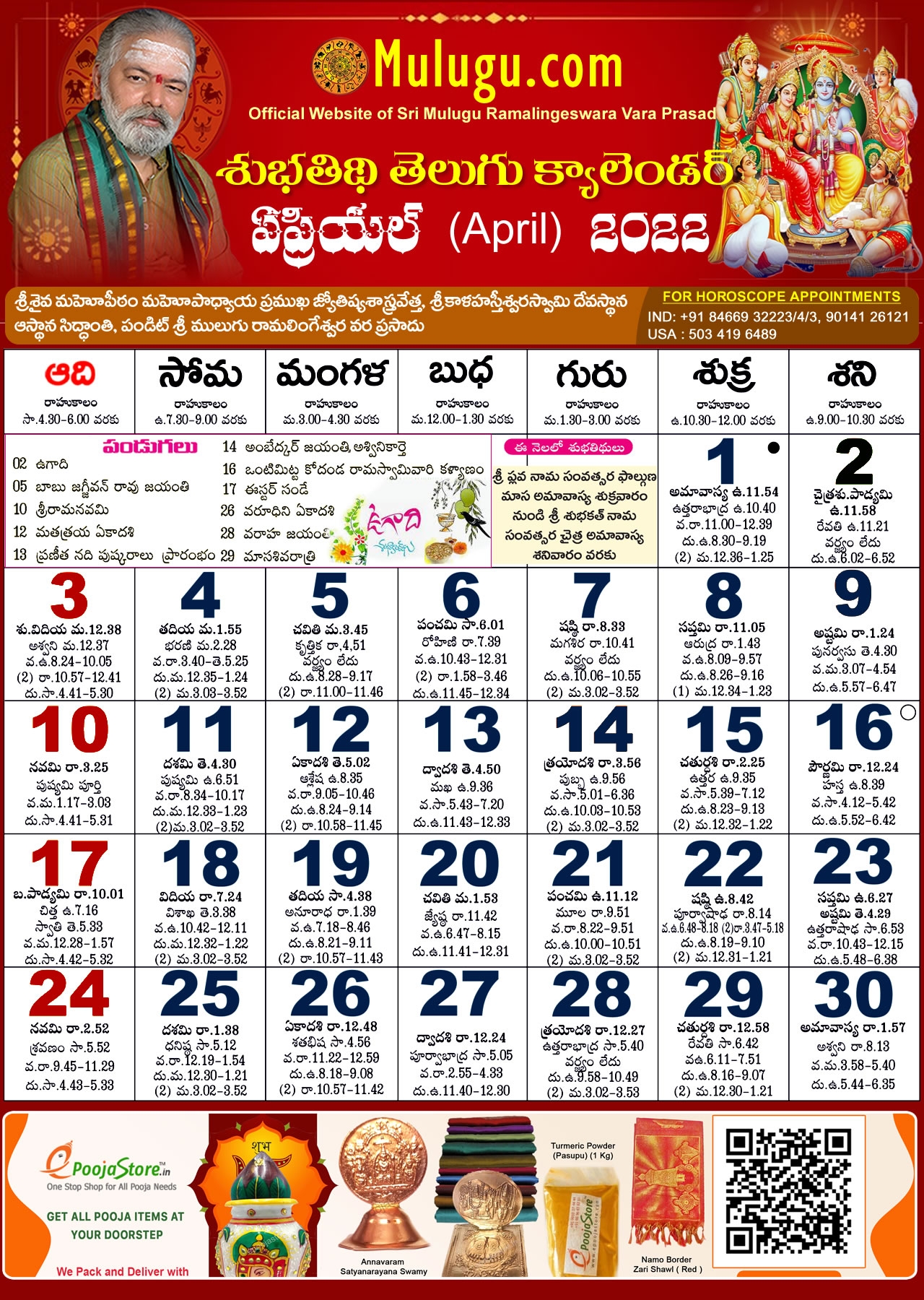
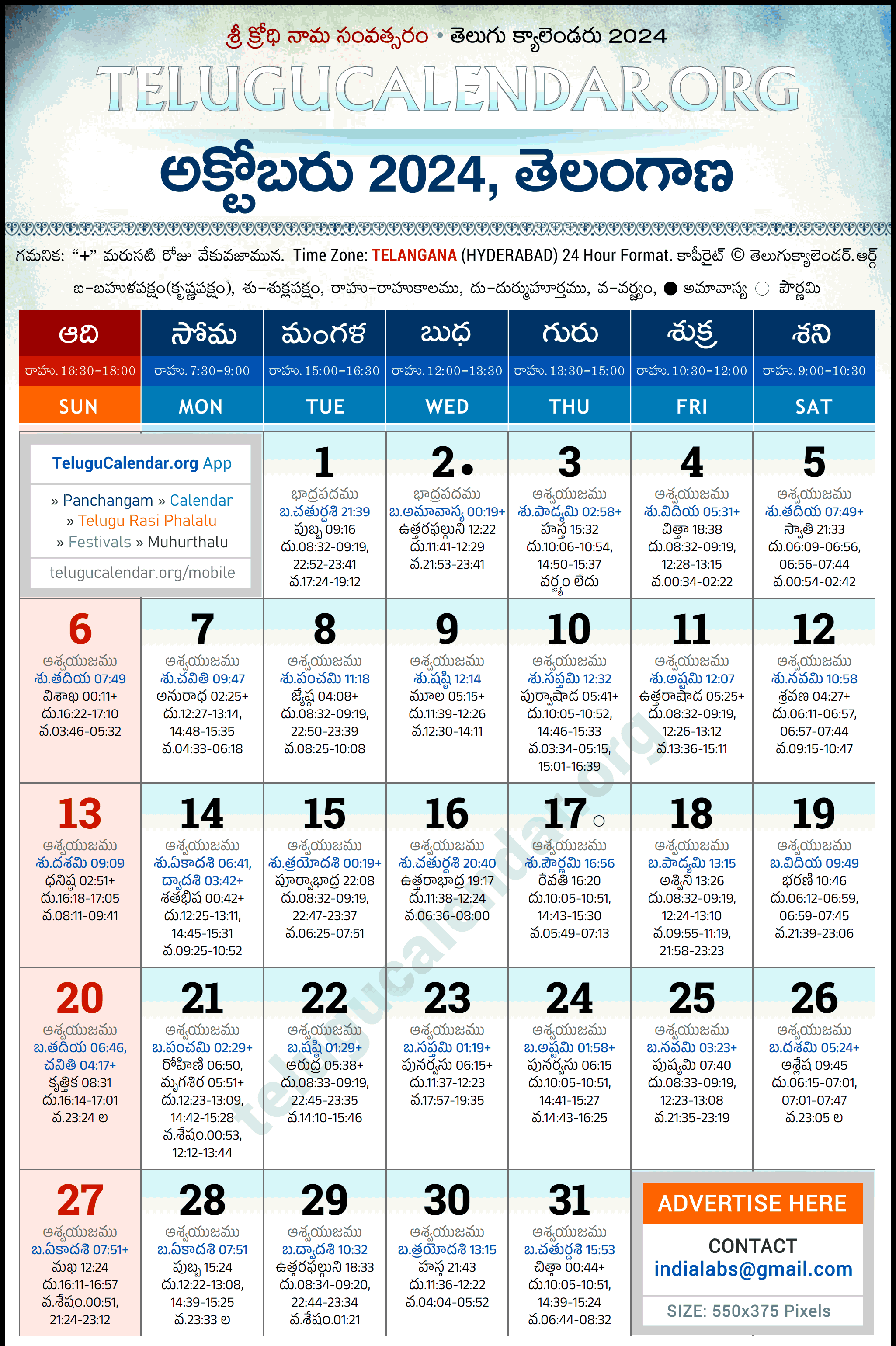
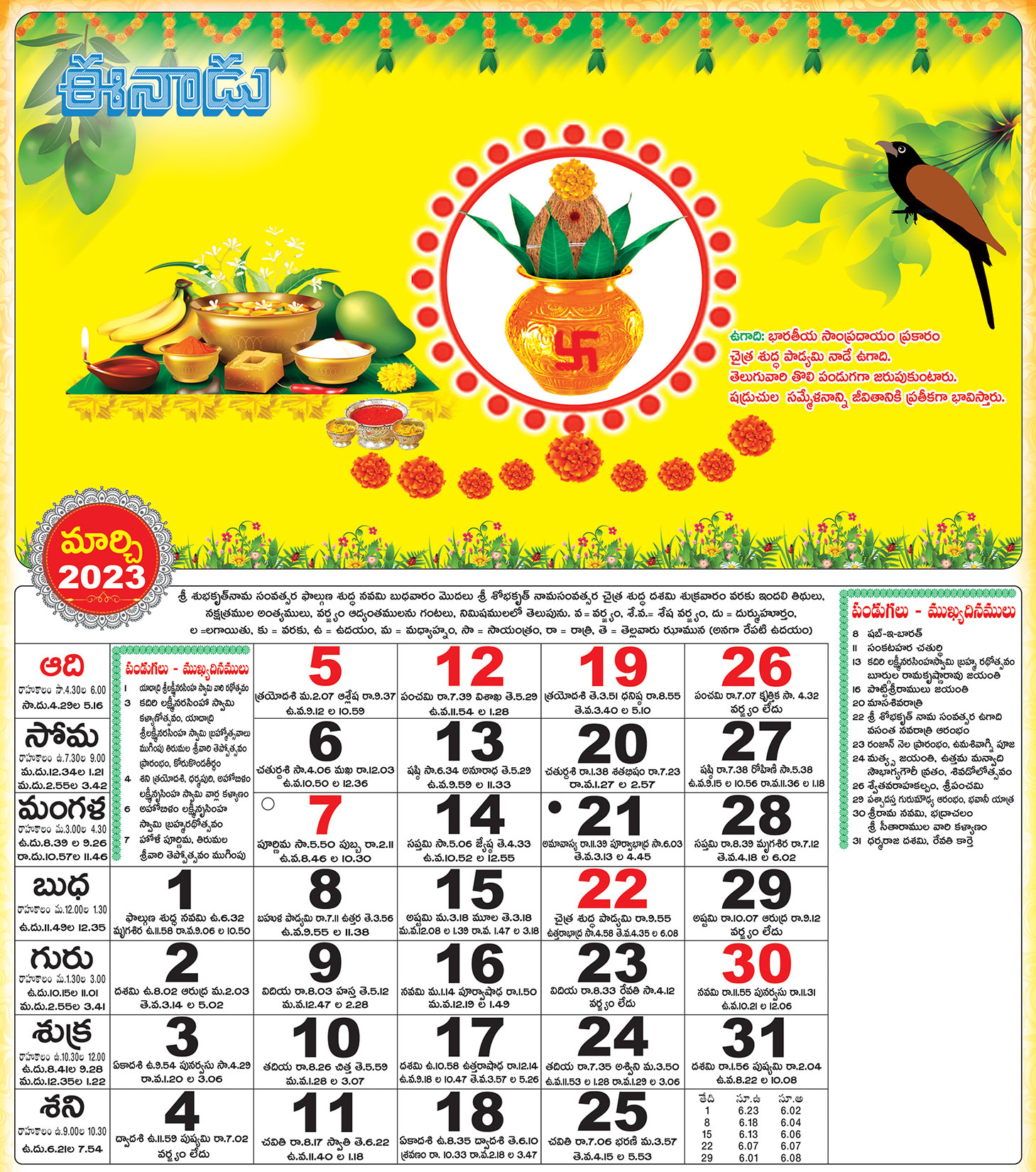
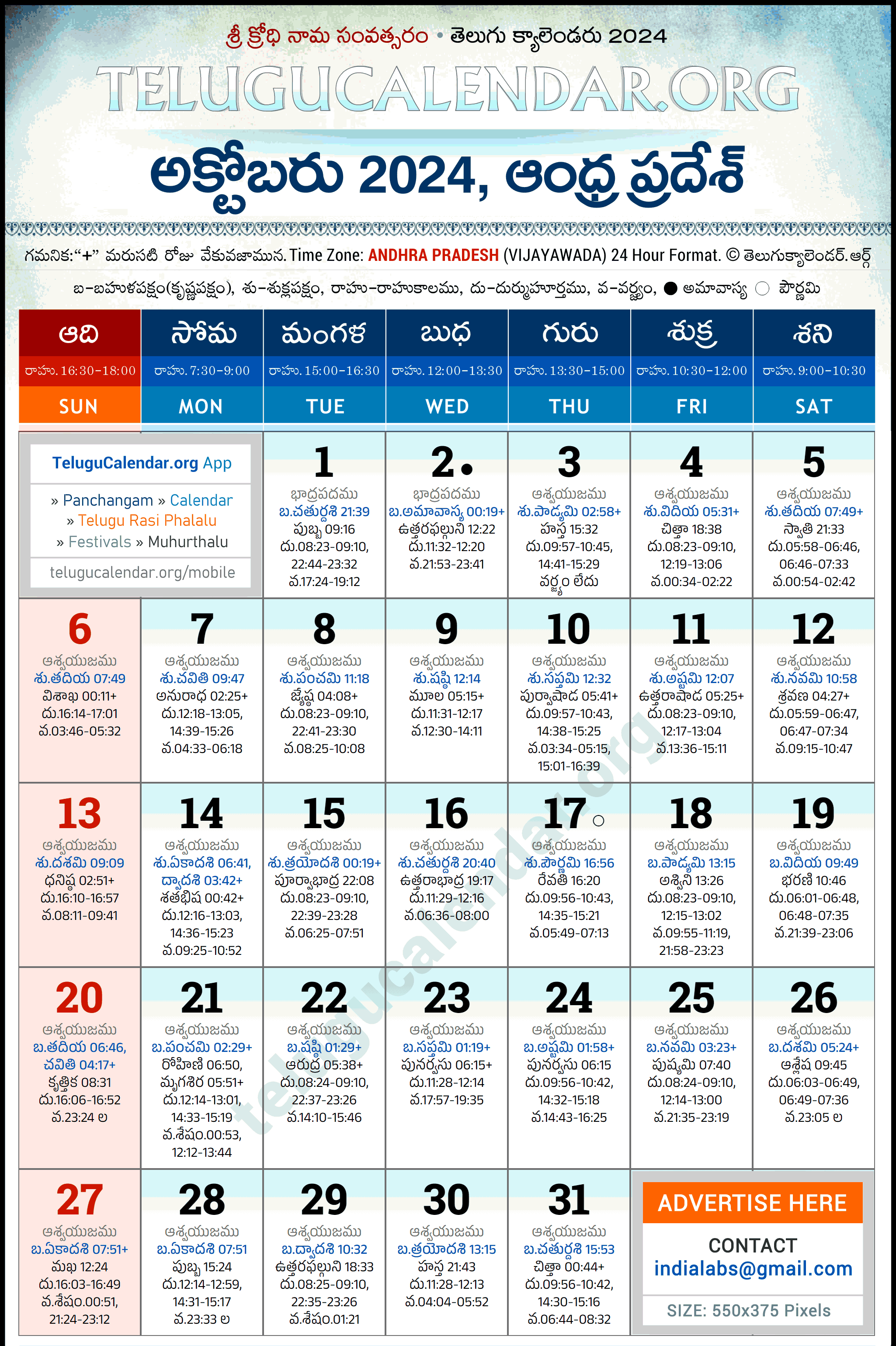
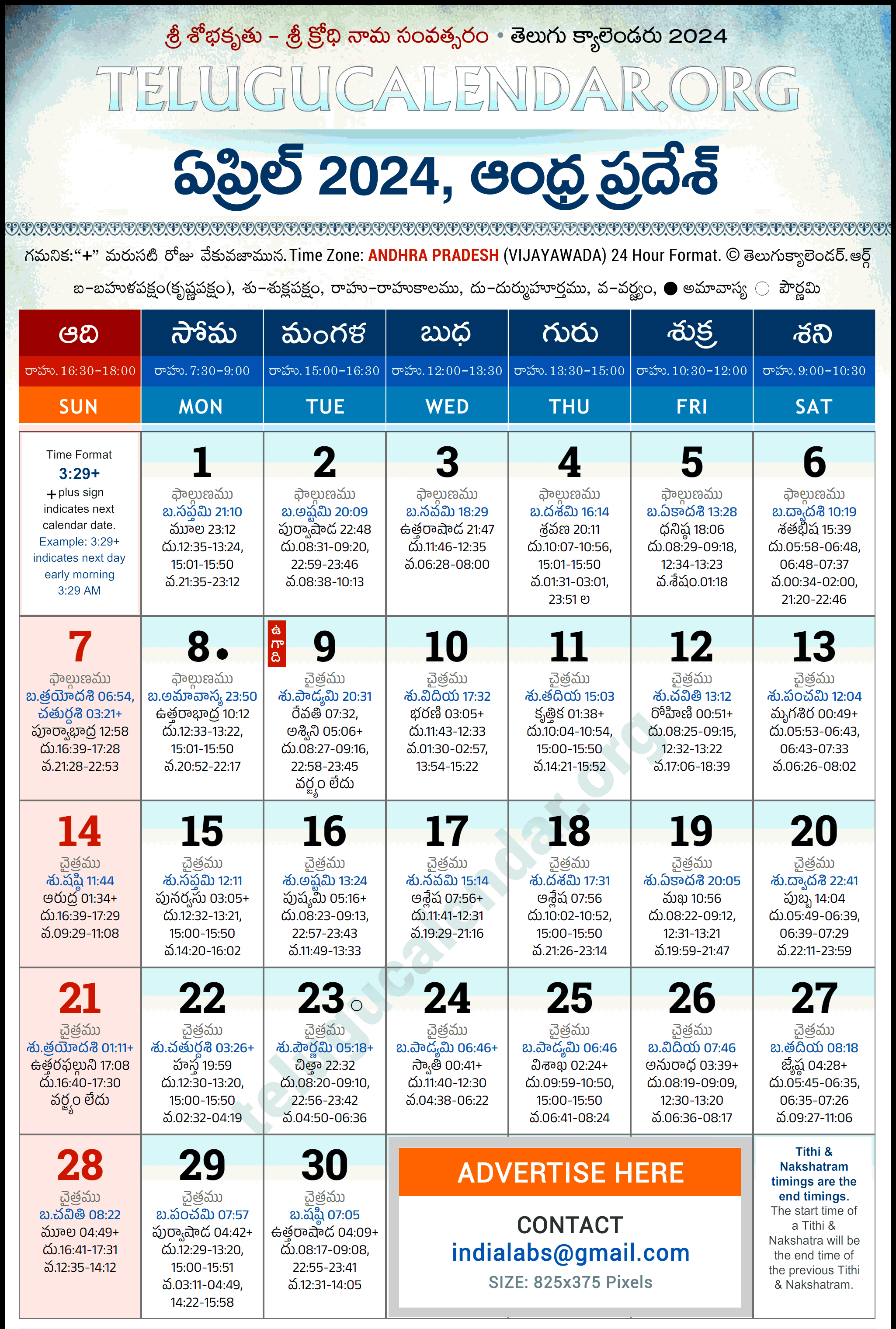
Leave a Reply